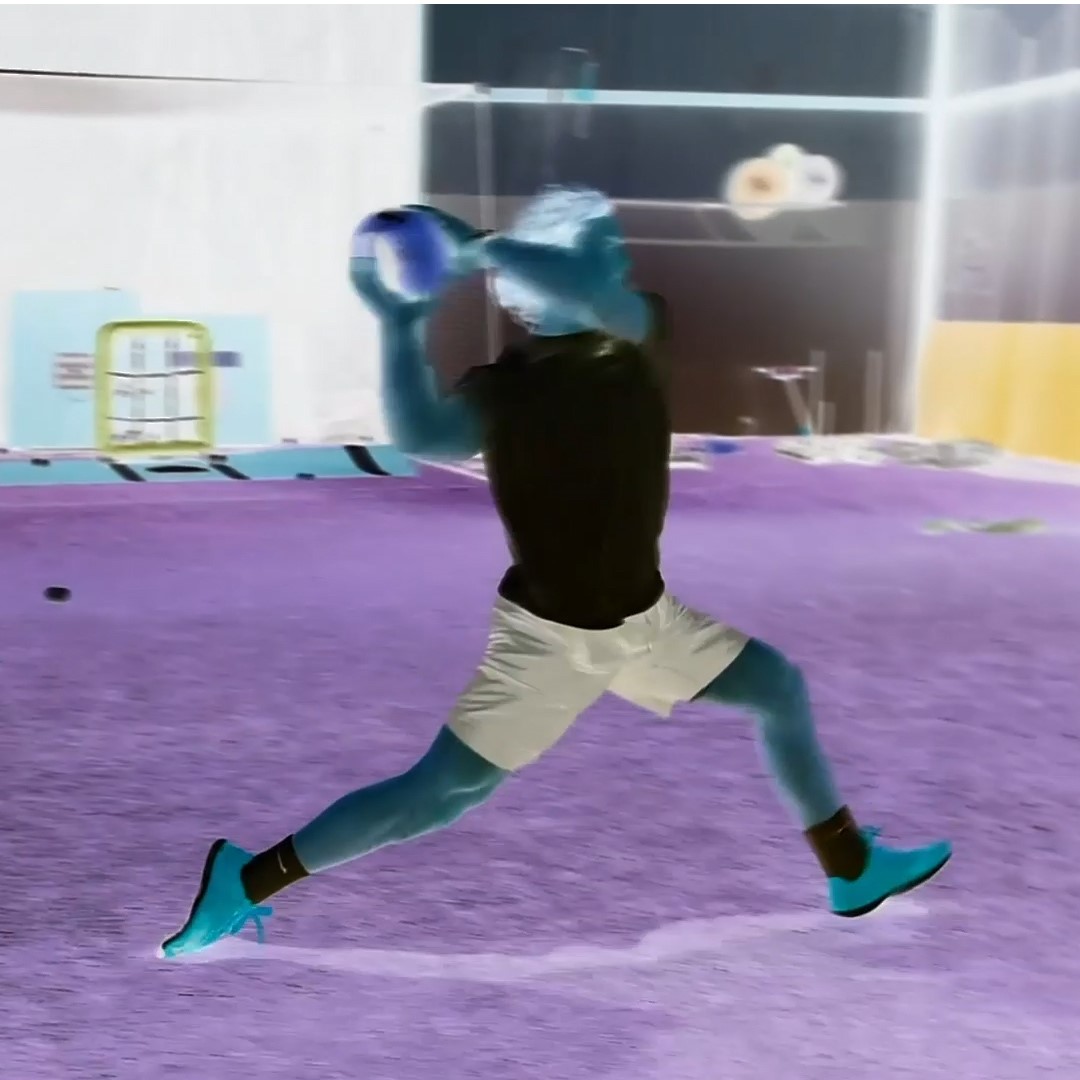Spring sports are just around the corner, and if you’ve been diligently training during the winter, good job! Strengthening your body and honing your skills are crucial preparations for the upcoming season. However, as you transition from gym workouts to the field, there’s a common pitfall – the risk of losing the hard-earned progress you made during the off-season. So, what’s the missing link?
In the realm of high school sports, the philosophy around in-season training hasn’t evolved much. While colleges and professional programs incorporate in-season training, high school athletes often face challenges in maintaining their off-season gains. With packed schedules and an emphasis on game strategies and winning, finding time for additional training becomes a struggle.
We understand the juggling act you’re performing – managing schoolwork, practices, games, a social life, and other commitments. The importance of maintaining a healthy lifestyle, including proper nutrition and adequate sleep, is constantly emphasized. Coaches, doing their best with limited resources, may not always be able to address the issue. Ultimately, the responsibility falls on you to extend the benefits of your off-season hard work and mitigate strength losses during the season.
The good news is that in-season training doesn’t have to mirror your off-season regimen exactly. Here are some practical tips to help you strike a balance:
1. Condense Your Schedule: Trim your training days to two per week. Your body needs time to acclimate to the demands of your sport, and overtraining can be counterproductive.
2. Maintain Intensity: Keep the intensity high by lifting heavy weights with a lower repetition count. This approach allows for efficient training while preventing excessive fatigue.
3. Focus on the Basics: Streamline your workout routine by emphasizing fundamental exercises. Sometimes, less is more, and the basics often yield the best results.
4. Stay Connected with Your Trainer: If you have a trainer, maintain regular communication and adhere to the prescribed program. A skilled trainer will adjust your in-season training to align with your evolving needs.
Remember, you’ve invested significant effort to reach this point of success, and you deserve to preserve and build upon your gains. By incorporating strategic in-season training, you can continue to enhance your performance and face the challenges of the season with confidence.
Dr. John De Noyelles, PT, OCS, CSCS
Physical Therapist
Frequently Asked Questions (FAQs)
The biggest struggles of athletes are the pressure to perform, injuries, balancing commitments, mental health issues, and transitioning out of sports.
Athletes should typically cross-train, strength train, develop skills, and rest and recover during the off-season.
Athletes may lose interest due to burnout, lack of enjoyment, injuries, pressure, or loss of passion.


